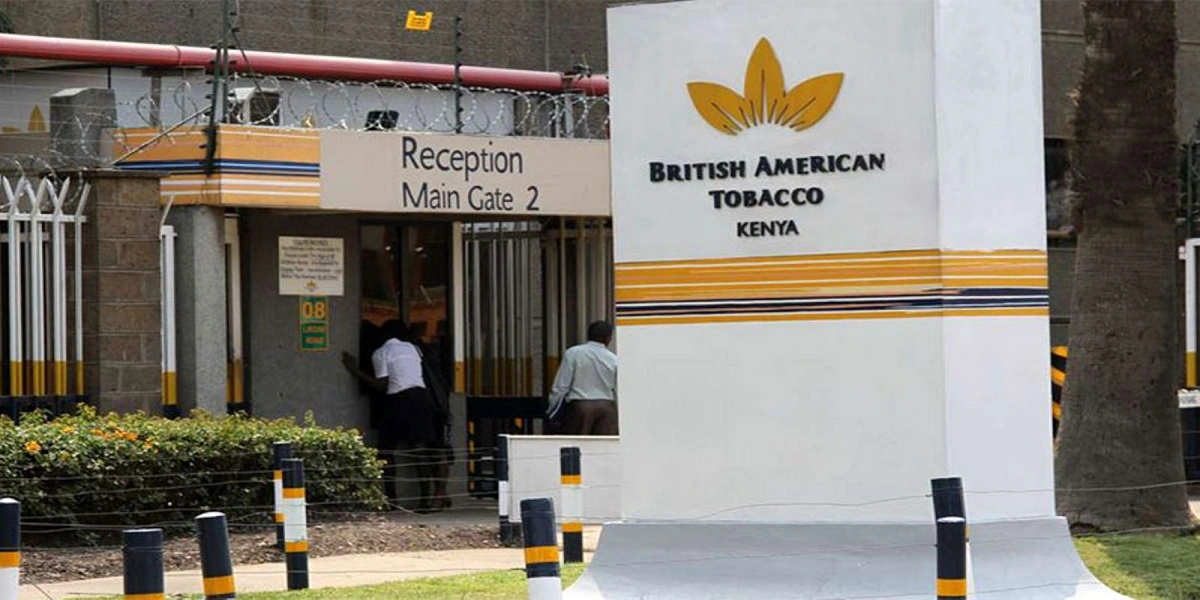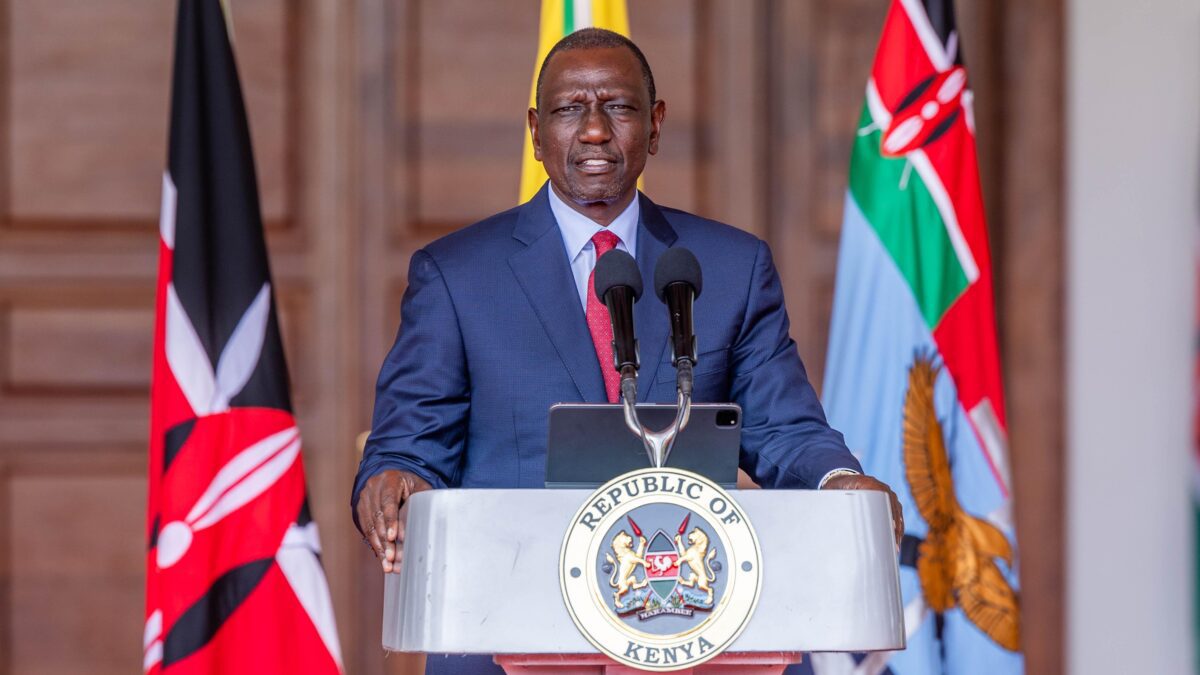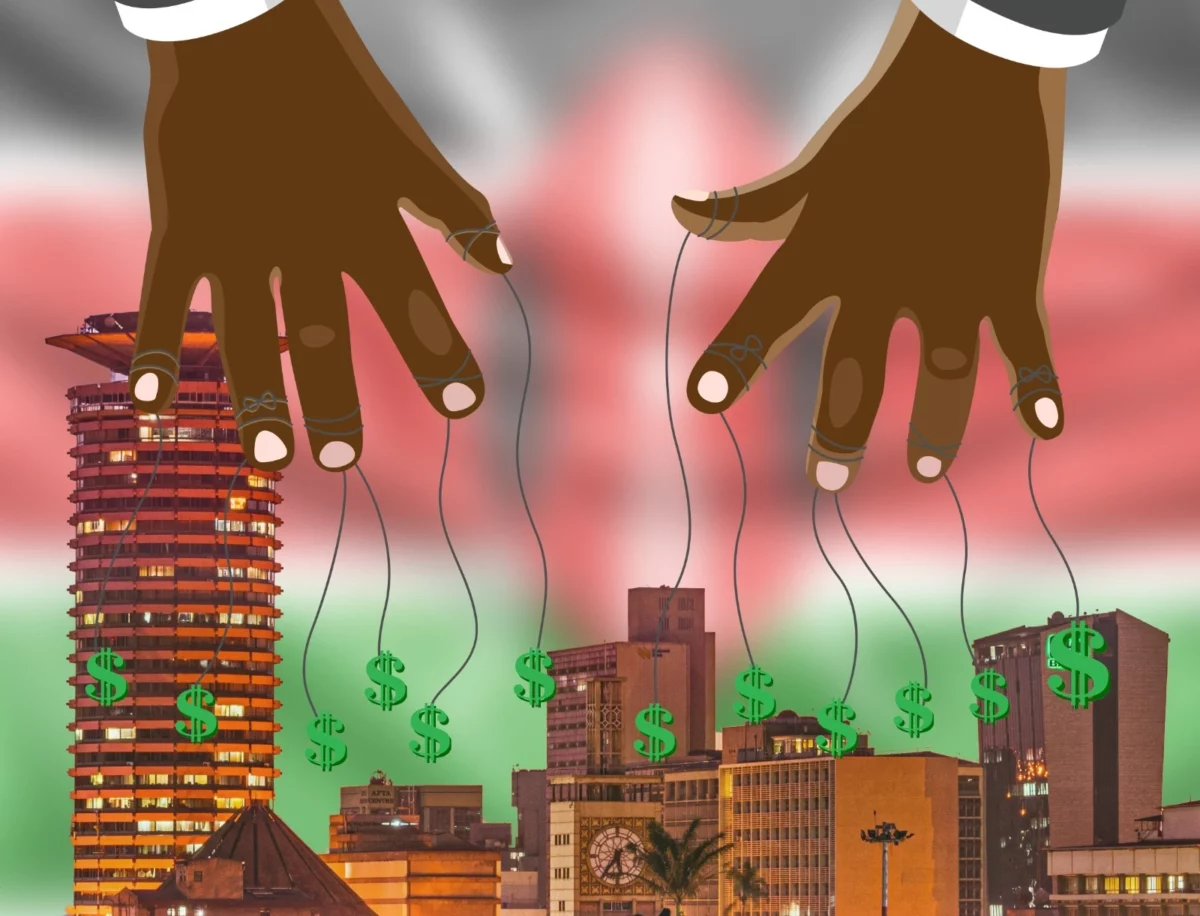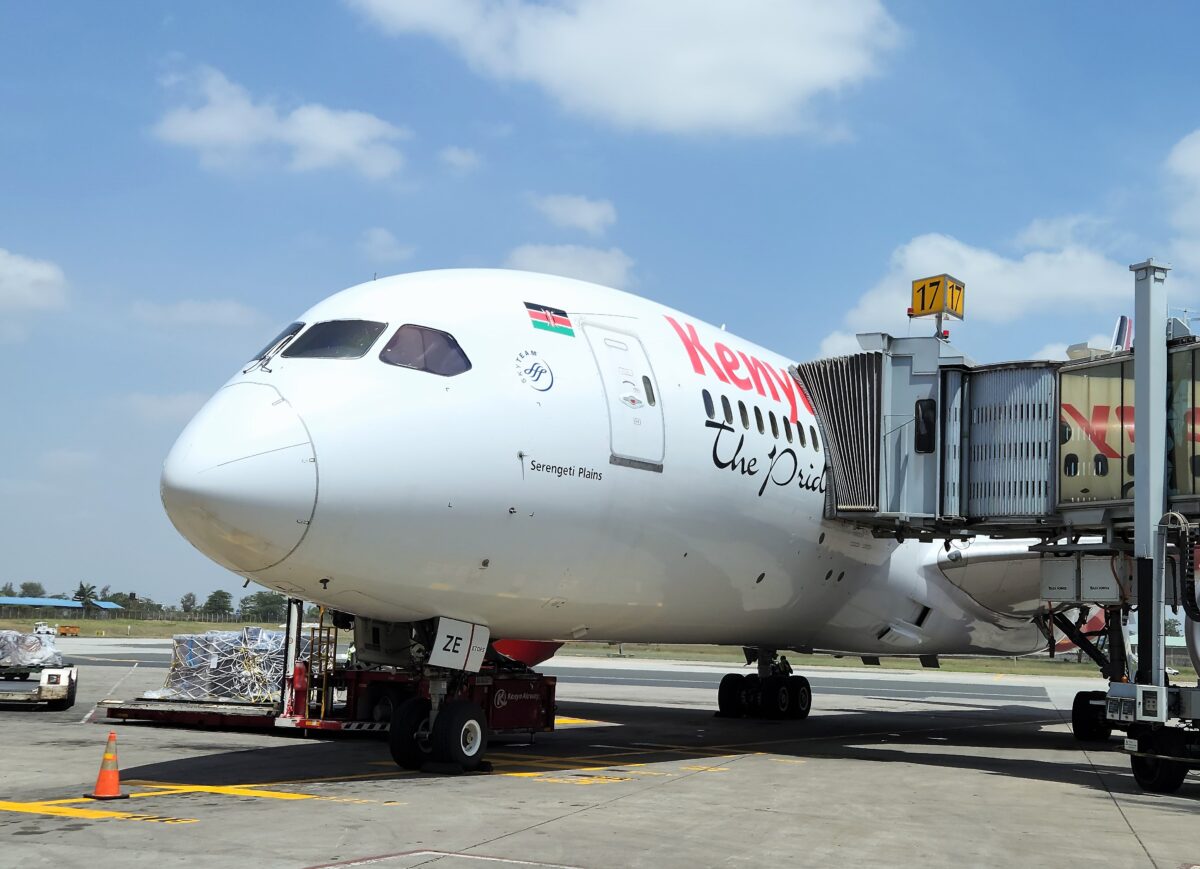Taxi companies Uber and Bolt have warned that they will leave Kenya if the government carries on with the 6% Significant Economic Presence Tax on gross turnover for non-resident firms.

Speaking on the state of the economy at KTN studios, Dr. Jim Mcfie said that the business environment in Kenya is increasingly becoming unfavourable.
“The point is when you actually tax exports it means that you can no longer be competitive. This is where when you compare our situation to Uganda, Uganda is a very much more favourable business environment than here in Kenya,” he said.
Dr. McFie mentioned that a license is needed to grow coffee in Kenya, which is not good for the country. He noted further that taxes are making it difficult to do business in Kenya. Kenyans are paying more tax yet at the same time more of it is disappearing from public coffers.
“We’re paying more and more tax but more and more of it is being stolen. I have a past student who stole 1 Billion shillings from NHIF. 1 Billion. And he’s not in jail,” Dr. McFie intimated.
He added that Cadbury has already left Kenya and British American Tobacco (BAT) is thinking of closing up their factory in Kenya.

What is to note is that the idea of the bottom up economy was to bring people from the bottom to the middle so that the tax base is expanded.
In related news, a new alcohol by volume proposed tax in the Finance Bill will see to it that the higher the alcohol percentage the higher the tax that the manufacturers will pay.
Meanwhile, the Kenyan Shilling continues to show resilience against the dollar. It is trading at 131.7. Inflation in Kenya is 5.1 % while food inflation is at 6.2% with prices of maize, sugar and wheat flour having declined due to improved supply.
Read Also: Education for the Rich; The Reality of New Varsity Fees











































